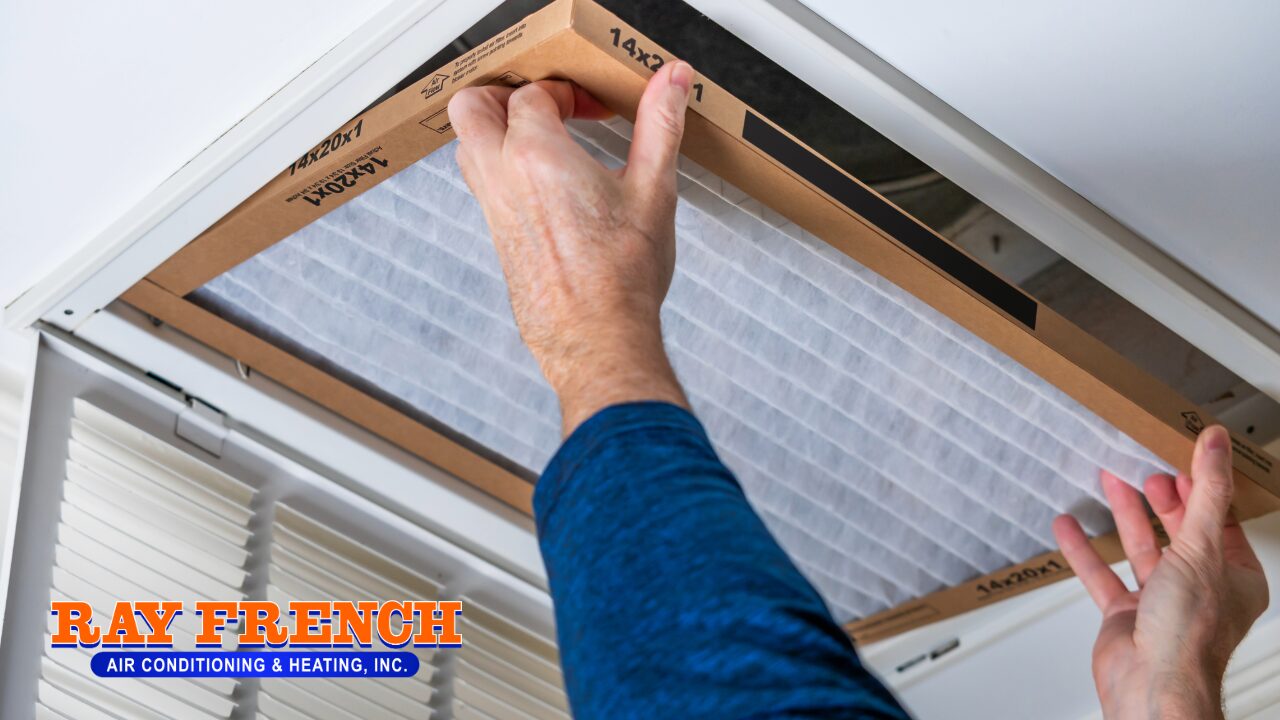How Often Should You Replace Your AC Filters and Why It Matters
When it comes to keeping your home cool and comfortable, your air conditioner (AC) is a crucial part of the equation. But did you know that one small component—your AC filter—can have a massive impact on the efficiency of your system, your energy bills, and even your health? Follow along as we explore why replacing your AC filters is essential, how often you should do it, and the benefits of keeping this routine task on your to-do list.
Why Do AC Filters Matter?
Your AC filter is responsible for trapping dust, dirt, allergens, and other airborne particles that circulate through your home. Over time, these filters can become clogged, which reduces airflow and forces your AC system to work harder. This not only increases energy consumption but can also lead to premature wear and tear on your unit.
Additionally, a dirty filter can compromise your indoor air quality. Poor air quality can aggravate allergies, asthma, and other respiratory conditions, making clean filters especially important for households with young children, elderly residents, or pets.
How Often Should You Replace Your AC Filters?
The frequency with which you should replace your AC filters depends on several factors:
- Type of Filter
- Standard Fiberglass Filters: These inexpensive filters should typically be replaced every 30 days.
- Pleated Filters: These last longer and usually need replacement every 60-90 days.
- High-Efficiency Filters: Some high-quality filters can last up to six months, but it’s best to check the manufacturer’s recommendations.
- Household Size and Activity
- Homes with multiple occupants and pets will accumulate dust and debris faster, requiring more frequent filter changes (every 30-45 days).
- Single-occupant homes or vacation properties with minimal activity may only need filter changes every 90 days.
- Allergies and Air Quality Concerns
- If anyone in your household suffers from allergies or asthma, consider replacing the filter every 20-30 days to maintain optimal air quality.
- Seasonal Use
- During peak usage periods, such as summer, filters may need more frequent replacement due to increased system demand.
How to Check If Your Filter Needs Replacing
Not sure if it’s time to replace your filter? Here are a few quick checks:
- Visual Inspection: If the filter appears gray or has visible dust and debris, it’s time for a change.
- Airflow Issues: Reduced airflow from your vents could indicate a clogged filter.
- Increased Energy Bills: A sudden spike in your energy costs might be due to an overworked AC system.
The Benefits of Regular Filter Replacement
Replacing your AC filters on schedule provides a range of benefits:
- Improved Energy Efficiency: A clean filter allows air to flow freely, reducing the strain on your system and lowering your energy bills.
- Extended System Lifespan: Less wear and tear means fewer repairs and a longer life for your AC unit.
- Better Air Quality: Clean filters help maintain a healthier indoor environment by trapping allergens and pollutants.
- Cost Savings: Preventive maintenance like filter replacement is far cheaper than major repairs or system replacement.
Call Ray French AC & Heat today: 352-372-3705
Replacing your AC filters regularly is a small task with significant rewards. By doing so, you can enjoy a more efficient system, lower energy costs, and a healthier home environment. If you’re unsure about the type of filter you need or how often to replace it, consult your AC’s user manual or reach out to a trusted HVAC professional for guidance. Remember, when it comes to maintaining your AC, clean filters are the first step to keeping cool and comfortable all year long


